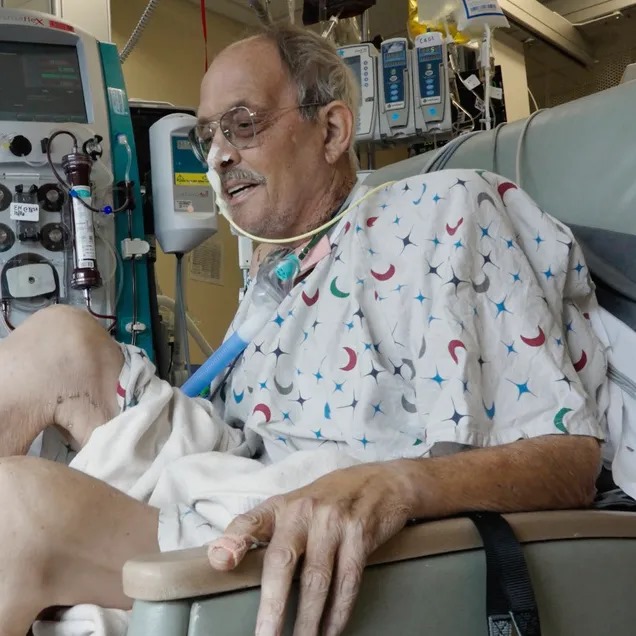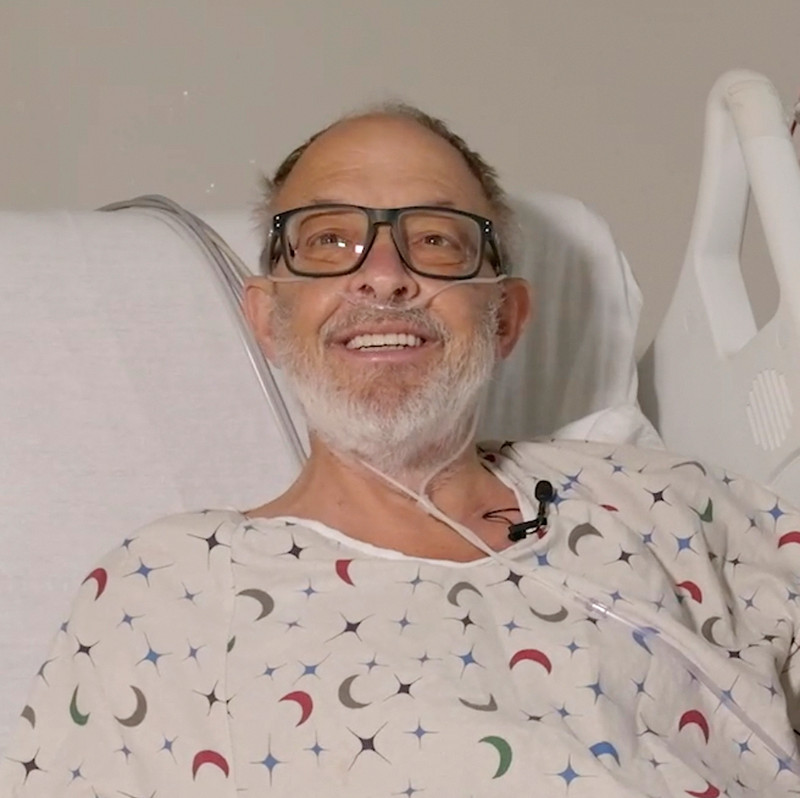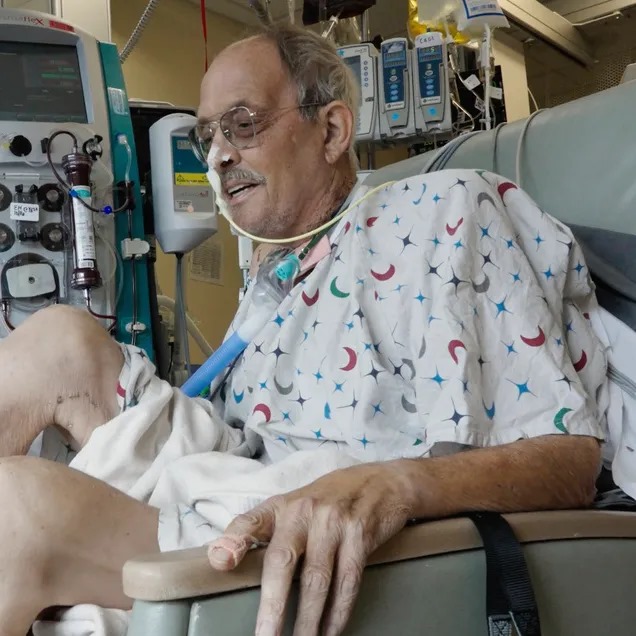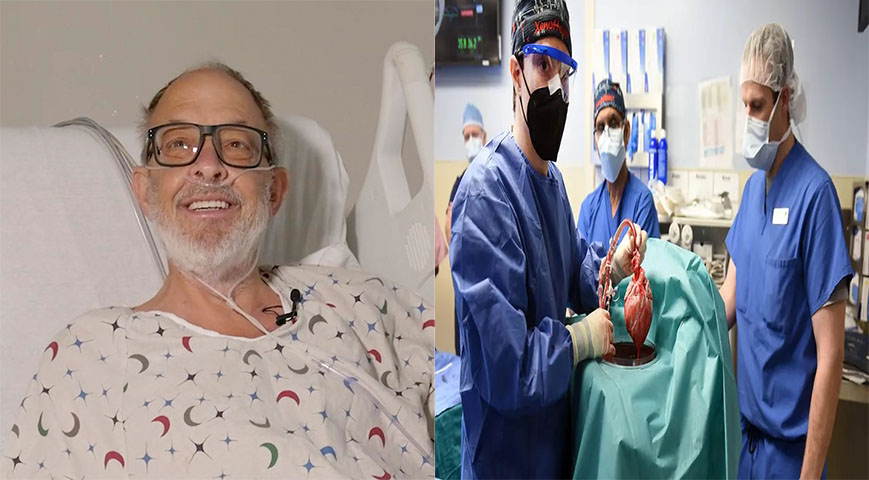Lawrence Faucette, the second living person to receive a modified pig heart in a transplant, has died six weeks after the operation.
The heart began to exhibit signs of rejection recently, according to the University of Maryland Medical Centre, where the experimental procedure was performed.

"Mr. Faucette's final wish was for us to make the most of what we've learned from our experience so that others will have a chance for a new heart when a human organ is unavailable." He then informed the physicians and nurses around him how much he loved them. We will miss him terribly." Dr. Bartley Griffith of the University of Maryland School of Medicine is the clinical director of the Cardiac Xenotransplantation Programme.
Faucette, 58, was brought to UMMC on September 14 after developing indications of heart failure and six days later had the experimental transplant. He was ineligible for a standard human heart transplant due to his heart problems and pre-existing illnesses.

"My only real hope left is to go with the pig heart, the xenotransplant," Faucette told the hospital in an internal interview a few days before the surgery.
"We have no expectations other than hoping for more time together," his wife, Ann Faucette, stated at the time. "That could be as simple as sitting on the front porch and having coffee together."
His doctors indicated that he was making considerable progress in the weeks following the transplant, including participation in physical therapy and spending time with this family.

One month following his surgery, his doctors stated that his heart function was great and that any drugs used to sustain his heart function had been discontinued.
"We've had no evidence of infections and no evidence of rejection right now," Griffith explained at the time.
Doctors had given Faucette an experimental antibody treatment to suppress her immune system and prevent her from being rejected. However, "the most significant challenge with traditional transplants involving human organs as well," according to UMMC, is organ rejection.









